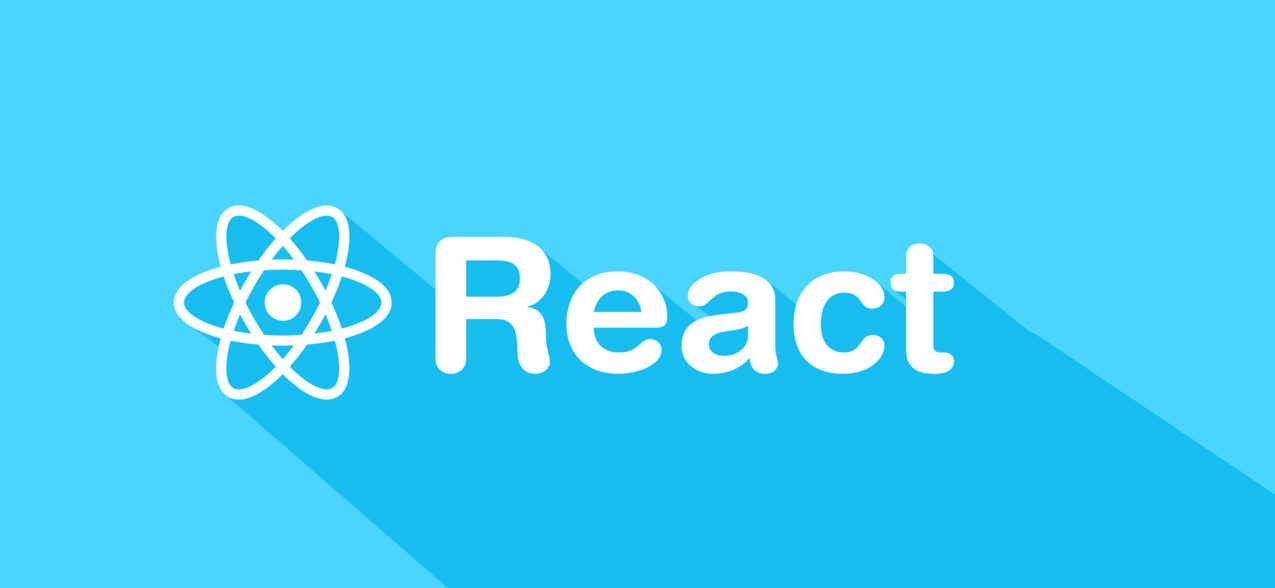
How Interconnected Professional Spheres Create Conflicts
While QA engineers and software developers have a shared goal of building an excellent product, professional cases demonstrate that these roles fail to complement each other to ensure the best quality and meet customer expectations. It is possible to summarize the cause of conflicts as follows:
- Professionals do not understand each other’s functional tasks in the context of teamwork.
- Power struggle, which stems from a myopic perspective on product development.
- QA engineers and software developers neglect a client-centered approach to changes.
Nevertheless, occurring challenges can become an opportunity to improve employees’ competencies in addition to end product quality. Conflicts are part of the development process, which indicates how specialists are committed to the work. The next step is to develop a comprehensive solution, and the following reading will showcase typical cases that involve a conflict between engineers.
QA Engineers vs. Software Developers: Reflecting on Top Five Issues to Enhance Productivity
The shared cases highlight common causes of conflicts among professionals. Managers should also embrace a distinct mindset to view these occurrences as a chance to strengthen interprofessional collaboration. It is reasonable to admit that the featured examples do not encompass the entire complexity of the development cycle, though experts, especially QA engineers and software developers, should refer to these basic principles during the problem-solving process.
1. Unclear Specifications and Requirements
If technical tasks lack specific requirements and are ambiguous, developers will interpret them by relating them to prior experiences. In turn, conflicts often arise as QA enforces standards that may clash with the developer’s vision. The solution is to discuss these nuances before assigning a new task, where proactive communication can minimize the problem.
2. Different Work Environments in Software Engineering
Software developers and QA engineers operate in contrasting environments. As a result, testing may be conducted in a misconfigured environment that does not reflect the fixed issue. To prevent such conflicts, clearing the cached memory is essential, while professionals can provide feedback or recommendations before testing.
3. Lack of Test Cases and User Scenarios
When QA engineers fail to provide test cases with user scenarios, the conflict occurs due to the lack of a client-centered approach to product development. Similarly to case 1, software developers fail to meet the customer expectations, and specialists will dispute how the product should be delivered. It is the QA engineers’ responsibility to prevent these conflicts by negotiating on these matters with software developers.
4. Basic Error Testing: A Frequent Challenge for Software Developers
This case indicates how conducting basic error testing can prevent conflicts. Software developers tend to ignore this task as they view testing as a direct responsibility of QA engineers. However, specialists should avoid this mindset to increase productivity while saving time and resources on product development.
5. Poor Communication Skills and Unethical Behavior
Most professionals underestimate the importance of proper communication to improve collaborative efforts. For example, software developers may experience frustration when receiving feedback from QA engineers, while repetitive negative commentaries will eventually strengthen hostility to their counterparts. Both parties should understand how to express their sentiments in a constructive and polite manner, avoiding blaming each other for errors.
Summarizing the Role of Conflicts between QA Engineers and Software Developers
In conclusion, conflict management is an indispensable part of product development, which requires patience and resilience to overcome the discussed obstacles. By handling these instances, QA engineers and software developers can acquire the following competencies:
- Improved Communication Skills
- Higher Software Quality
- Enhanced Collaborative Skills
- Better Documentation and Processes
Reviewing such cases will complement the experts’ ability to foresee and implement proactive measures to reach the most favorable outcomes, optimizing overall team performance. For further insights, we recommend reading our article on QA engineer myths.




